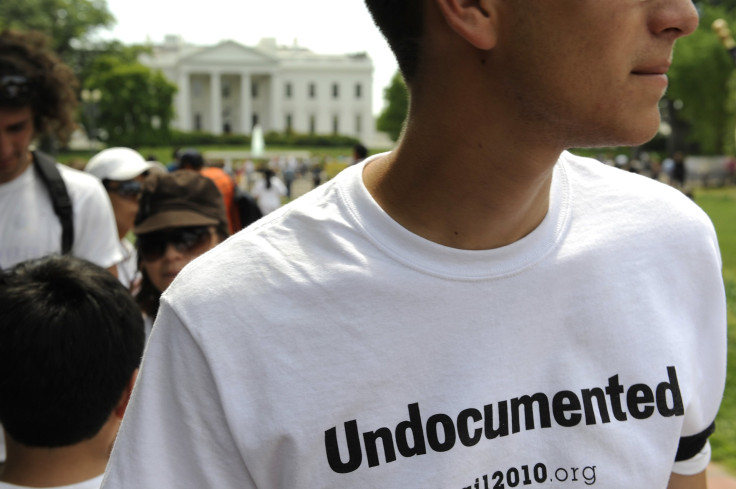
Thirty-six states as well as congressional districts across the country are gearing up to elect governors, representatives and senators next fall. With the passage of comprehensive immigration reform in 2014 looking increasingly unlikely, states will likely continue to act on an issue after a flurry of state-level activity in 2013. One immigration-related question may be whether to extend in-state tuition benefits for public universities and colleges to undocumented students. The Miami Herald wrote on Wednesday that Florida Governor Rick Scott says he might be willing to sign off on a law doing just that.
“I’ll certainly consider it,” he said. “I want all tuition to stop growing.” The Herald notes that the governor’s openness to the idea appears to reflect an acknowledgement of changing demographics – the state is set to overtake New York this year as the third most populous, with much of that growth driven by Hispanics, who now make up 23 percent of the population as opposed to 17 percent in 2000. Just four years ago, Scott supported an Arizona-style law which would have required local police to check the legal status of anyone suspected of being an undocumented immigrant when stopped. Even more recently, he vetoed a bill which would have allowed the undocumented to get driver’s licenses. But he’s trailing in the polls to challenger Charlie Crist, who hasn’t come out for or against tuition equality for unauthorized students.
On the other side of the debate, ThinkProgress reported on Thursday that Senator David Vitter, a Republican from Louisiana and longtime hardline conservative on immigration-related issues, has introduced a bill which would make it illegal for states to extend eligibility for in-state tuition to undocumented students. Vitter announced in January that he would run for governor of Louisiana, which has a relatively low percentage of foreign-born residents – 3.8 percent in 2011, compared to 13 percent nationwide.
© 2025 Latin Times. All rights reserved. Do not reproduce without permission.





